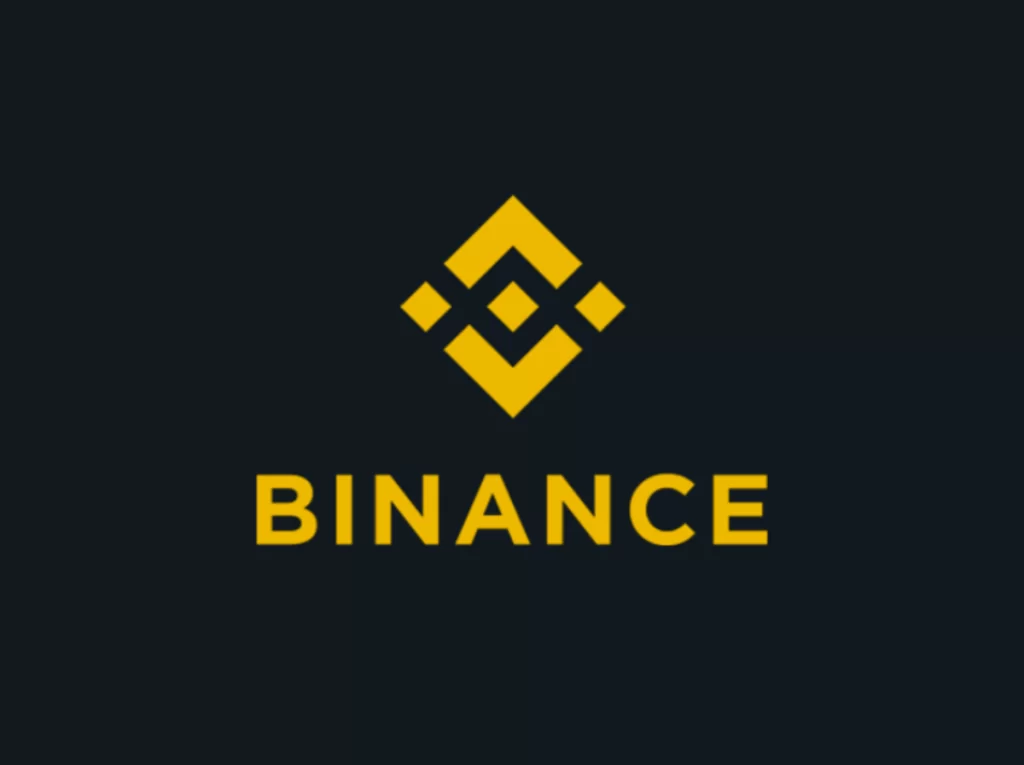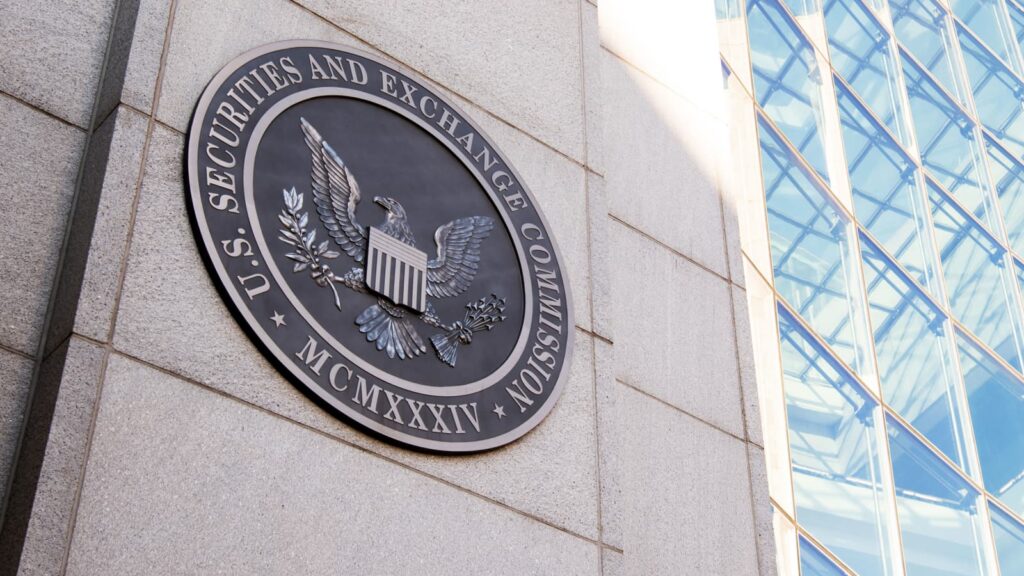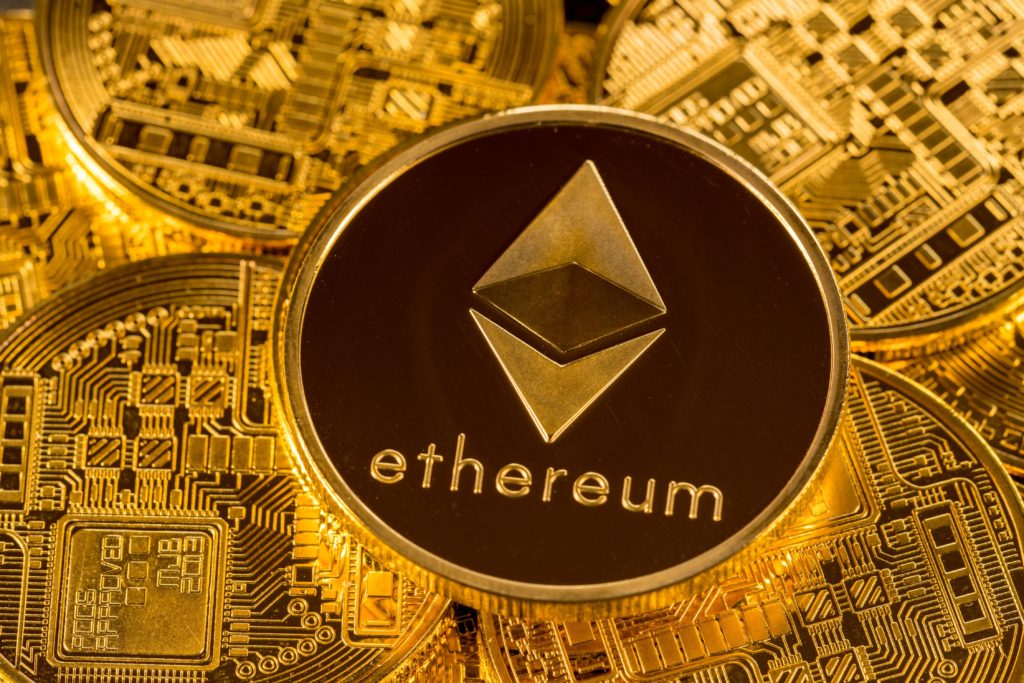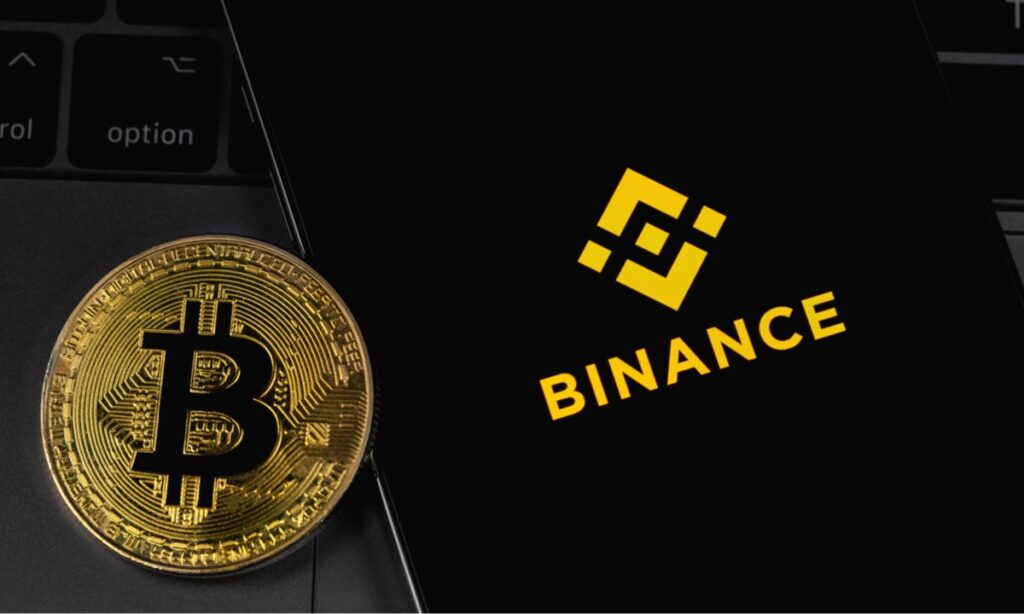The United States Securities and Exchange Commission (SEC) has rejected Coinbase’s request for an interlocutory appeal in their ongoing legal dispute, citing manipulation of the appeal’s question to fit legal criteria under 28 U.S.C. § 1292(b).
The SEC articulated this in a filing with the U.S. District Court for the Southern District of New York on May 10, stating, “Coinbase’s attempts to manipulate the question for appeal to shoehorn it into a certifiable question under 28 U.S.C. § 1292(b) are self-defeating.”
The core of the dispute revolves around Coinbase’s dissatisfaction with the Howey test, which the SEC uses to determine whether an offering qualifies as a security.
The SEC’s filing reiterates Coinbase’s antagonism towards the test and existing securities regulations, suggesting that Coinbase structured its business to avoid compliance costs, summarized by the SEC’s remark, “Coinbase just does not like the answer.
Having made the weather, Coinbase cannot now complain that it is raining.”
On April 12, Coinbase filed for the appeal, challenging the notion that an investment contract necessitates a post-sale obligation.
This led to a debate over whether this forms a controlling question—a significant legal query that could influence the lawsuit’s outcome.
The SEC opposes this appeal, arguing that Coinbase has failed to present a consistent interpretation of what constitutes a “contractual undertaking.”
The agency emphasized that no court in the past 80 years has required such post-sale obligations.
According to the SEC, “Coinbase remains unable to advance a single, coherent version of this theory, which it now claims presents a controlling question.”
Moreover, the SEC believes that Coinbase’s proposal of a new legal test and disagreement with the court’s previous decision do not justify the certification of an appeal.
The filing states, “Interlocutory review is not warranted simply because Coinbase proposes a new legal test and disagrees with the Court’s rejection of that test.”
The SEC initiated legal action against Coinbase in June 2023, accusing the exchange of violating federal securities laws by listing 13 tokens it claims are securities.
Coinbase maintains that the transactions on its platform do not fall under securities regulations—a stance directly opposed by the SEC, which considers some of these transactions to constitute “investment contracts” under federal law, as noted in court documents dated March 27.
To submit a crypto press release (PR), send an email to sales@cryptointelligence.co.uk.







